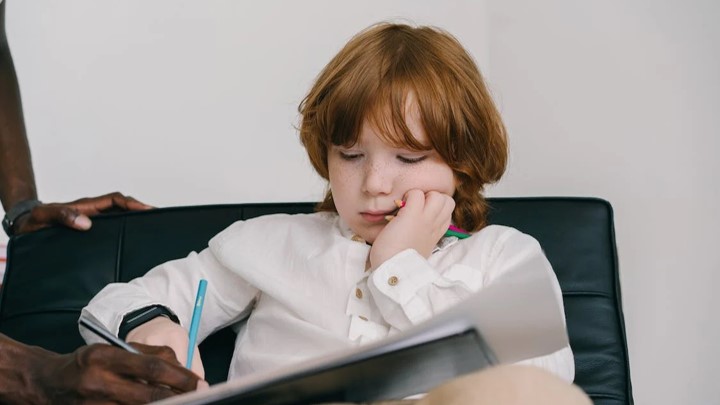Recognizing the early signs of autism in babies is crucial for early intervention and support. Autism spectrum disorder (ASD) affects individuals differently, but there are common developmental markers that may indicate the presence of autism.
As a caregiver, being aware of these signs can help you seek professional evaluation and support at the earliest stages. Check this post on autism tips for caregivers.
In this article, we will explore the early signs of autism in babies, empowering you to provide the necessary care and resources for their well-being.
Early Signs of Autism in Babies
1. Limited Eye Contact
Babies typically begin to make eye contact within the first few months of life. However, babies with autism may exhibit limited eye contact or avoid making eye contact altogether. They may not respond when their name is called or may not visually track objects or people as expected.
2. Lack of Social Smiling
Smiling and social responsiveness are important social milestones for infants. Babies with autism may show a delay in social smiling or display minimal response to social interactions. They may not engage in reciprocal facial expressions or seek social interaction with caregivers.
3. Delayed or Absent Babbling
Babbling is a precursor to speech development and serves as a way for babies to communicate. Babies with autism may demonstrate a delay in babbling or may not babble at all. They may not engage in back-and-forth vocalizations or attempt to imitate sounds or gestures.
4. Limited Gestures and Joint Attention
Joint attention refers to the ability to share attention and interest in an object or event with another person. Babies with autism may exhibit difficulties with joint attention, such as pointing to objects, following gestures, or showing objects to others. They may have limited interest in shared activities.
5. Repetitive Behaviors and Fixations
Repetitive behaviors and fixations are common signs of autism. In babies, these behaviors may manifest as repetitive body movements, such as hand-flapping or rocking. They may also display intense focus or preoccupation with specific objects or patterns.
6. Sensory Sensitivities
Babies with autism may exhibit heightened sensitivities or aversions to sensory stimuli. They may react strongly to certain sounds, textures, or lights. They may become overwhelmed or distressed in environments with high sensory input.
FAQ
1. Are these signs definitive indicators of autism in babies?
The early signs mentioned in this article can serve as red flags for potential autism spectrum disorder. However, it is important to consult with a healthcare professional or developmental specialist for a thorough evaluation and diagnosis. Individual differences and developmental variations should also be considered.
2. At what age should caregivers be concerned if they observe these signs?
Caregivers should be vigilant about observing these signs from infancy onward. If there are concerns about a baby’s social communication, language development, or overall development, it is recommended to seek professional evaluation as early as possible. Early intervention can make a significant difference in the child’s long-term outcomes.
3. Can these signs be mistaken for typical developmental milestones?
Some developmental variations can be part of a baby’s normal growth and may not necessarily indicate autism. However, persistent and significant delays or impairments in social communication and interaction should not be ignored. Consulting with a healthcare professional can provide clarity and guidance.
4. Are there other factors that can contribute to similar signs?
While the signs discussed are associated with autism, it’s essential to consider other factors that can contribute to developmental delays or atypical behaviors. Hearing impairments, intellectual disabilities, or medical conditions may present similar signs. A comprehensive evaluation can help identify the underlying causes.
5. What should caregivers do if they suspect autism in their baby?
If caregivers suspect autism in their baby based on the observed signs, they should consult with their pediatrician or a developmental specialist. These professionals can conduct a thorough assessment, provide a diagnosis if appropriate, and recommend early intervention services tailored to the child’s needs.
6. How can caregivers support a baby with autism?
Caregivers can support a baby with autism by creating a structured and predictable environment, engaging in stimulating yet calming activities, and seeking early intervention services. Early intervention programs can provide specialized therapies and strategies to enhance the child’s communication, social skills, and overall development.
In Conclusion
Recognizing the early signs of autism in babies is essential for timely intervention and support. Caregivers can offer the essential resources and care for their baby’s well-being if they are aware of these indicators and seek an expert assessment.
Remember, each child is unique, and early intervention can make a significant difference in their developmental journey. Stay attentive, seek guidance, and provide a nurturing and supportive environment for your baby’s growth and development.

